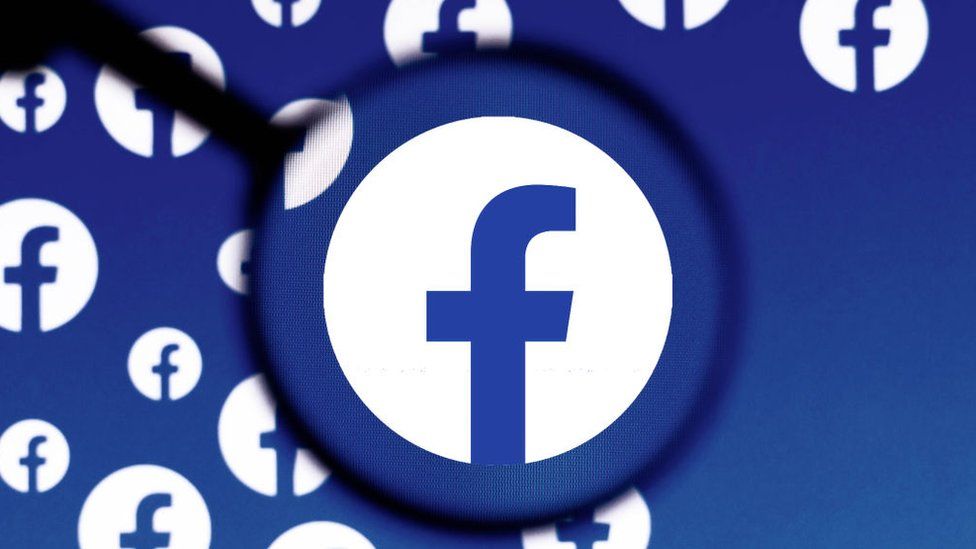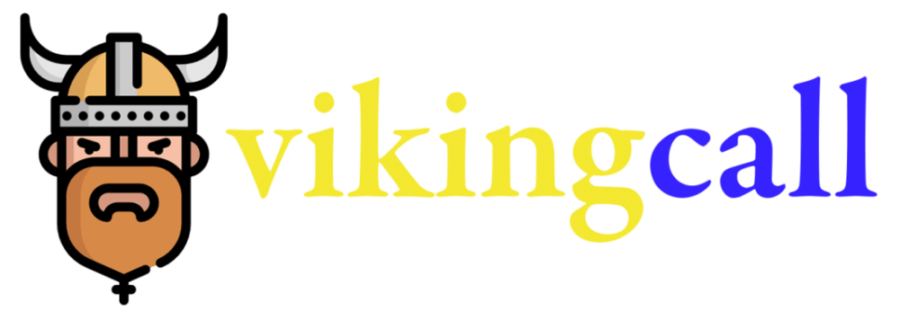Summary:
Facebook, founded by Mark Zuckerberg in 2004, has recently plunged into the biggest crisis in its history. Valued at $870.5 billion and ranked as the third-largest company in the world, Facebook is facing some of its most incriminating allegations to date: prioritizing profit over safety, knowingly hosting hate speech and illegal activity, and facilitating disinformation. Yet, Facebook has chosen this moment to rebrand itself as “Meta,” part of its Metaverse initiative to bring the Internet to life. However, only time will tell if this rebranding was an attempt to either avoid blame as a response to the mounting allegations or boost investor confidence in the face of this PR crisis.
Allegations and Whistleblowers:
As of November 5, two whistleblowers have brought incriminating evidence against Facebook. The first whistleblower, Frances Haugen, a former Facebook product manager, claims that the company repeatedly prioritizes profit over safety, based on leaked internal documents. In corroboration, the second whistleblower, a former Facebook employee, detailed how Facebook officials frequently declined to enforce safety rules for fear of angering Donald Trump and his associates or otherwise offsetting the company’s huge growth.
According to the Guardian, documents show that Facebook employees repeatedly flagged concerns before and after the 2020 election, when Donald Trump tried to falsely overturn current president Joe Biden’s victory. In fact, a company data scientist told coworkers a week after the election that 10% of all US views of political content were of posts that falsely claimed the vote was fraudulent. While Facebook did at one point alter its algorithm to improve safety and decrease inflammatory content, Facebook soon abandoned the changes. They also disbanded their civic integrity team shortly after the election, a decision that Haugen tied directly to the Jan. 6 Capitol insurrection.
To demonstrate the true extent to which Facebook facilitates disinformation to promote polarization, Haugen outlines a striking study conducted by Facebook itself. According to this study, a Facebook researcher created a fake profile for “Carol Smith,” a conservative female user whose interests included Fox News and Donald Trump. The experiment showed that, within two days, Facebook’s algorithm was recommending “Carol” join groups dedicated to QAnon, a baseless internet conspiracy theory and movement. With this as evidence, Haugen argues, “Facebook has realized that if they change the algorithm to be safer, people will spend less time on the site, they’ll click on less ads, and [Facebook] will make less money.”
Currently, Facebook faces legal pressure from a variety of fronts, including pending legislation from Congress, a lawsuit filed by the U.S. attorneys general, and a Federal Trade Commission (FTC) lawsuit, along with increased scrutiny from the Securities and Exchange Commission (SEC).
Meta and the Metaverse:
Meanwhile, according to the Associated Press, the company Facebook has changed their name to Meta. (The apps Facebook, Instagram, WhatsApp, and Messenger will not be changing their names.) Some critics argue that this rebranding is reminiscent of when energy company BP rebranded itself as “Beyond Petroleum” in order to escape environmental criticism. Others in support of the change assert that Meta now best represents the company’s new priority: the Metaverse. According to CNBC, the Metaverse is attempting to bring sci-fi’s augmented virtual reality to life, where users, in the form of “avatars” can meet, work, and interact inside of a virtual world. It is hoped to be up and running within 5-10 years, with Zuckerberg expecting the Metaverse to create millions of jobs for creators and ultimately reach one billion people.
Conclusion:
Even if Meta’s ventures prove unsuccessful, their development of a “metaverse” will likely have a revolutionary global impact similar to the invention of the Internet. However, Facebook—now Meta—will first need to survive the current onslaught of litigation, which might be most likely achieved by reforming its current business model. From a subjective point of view, the alleged ongoing misconduct appears to be comparable to the 2018 Theranos Scandal, where Theranos company executives distributed defective blood work machines throughout the country and jeopardized thousands of medical patients’ lives due to misleading blood data. Other comparable corporate scandals include the 2008 Lehman Brothers bankruptcy, the 2010 BP Deepwater Horizon oil spill, the 2015 Volkswagen emissions scandal, and, of course, the 2018 Facebook Cambridge Analytica privacy scandal.
Images (links):
https://www.reuters.com/breakingviews/facebooks-pristine-whistleblower-2021-10-06/ https://www.gsmarena.com/facebook_the_company_rebrands_as_meta_to_take_us_all_into_the_metaverse-news-51627.php




